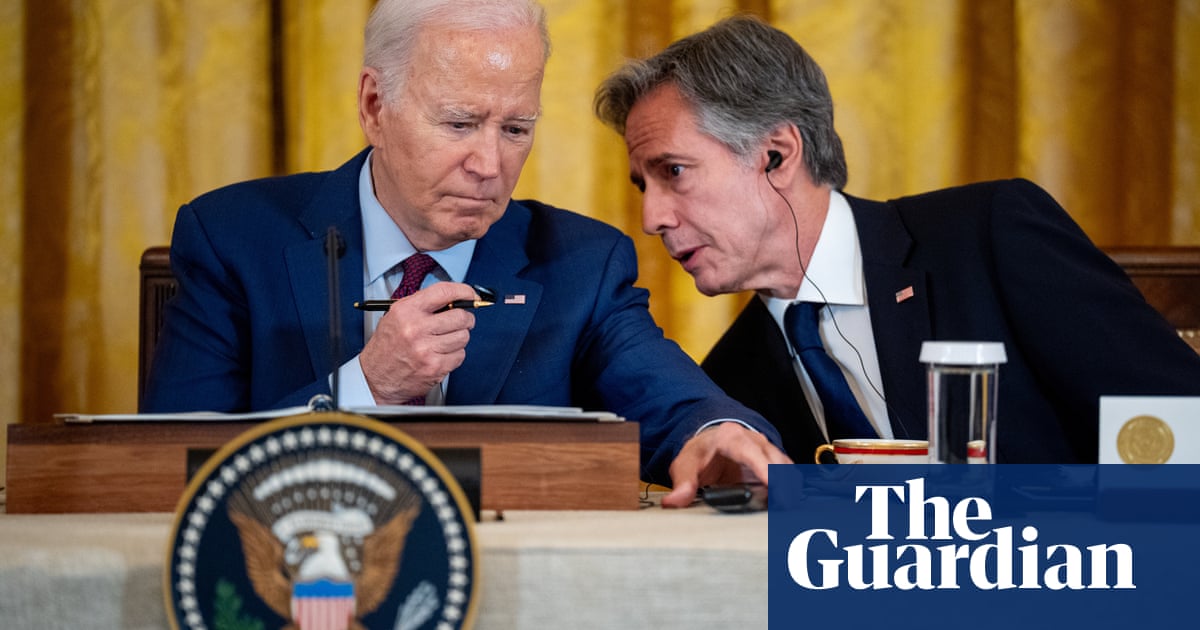From time to time, a film made in the US will reach these shores with a slightly different title. Ford v Ferrari, for example, was released in Britain under the name Le Mans ’66 due to prohibitions on using brand names in British films. The Avengers was called Avengers Assemble, for fear that people might think someone had remade the terrible Ralph Fiennes spy movie of the same name. Zootopia was called Zootropolis because Disney apparently enjoys arbitrarily messing with people.
What I’m trying to say is this: there is precedent here. If an American film has a title that seems like it might be problematic, or misleading, or offensive, or rude, producers have no qualms with just changing the name to something else.
And yet the film Carry-On has chosen not to do that.

For the uninitiated, Carry-On is a forthcoming movie about a young TSA agent (Taron Egerton) who is blackmailed into letting a dangerous package on to a flight. Jason Bateman is in it, playing the role of a mysterious stranger. It all sounds and looks like a perfectly generic thriller, the sort of thing you might watch when Netflix suggests it as an available alternative to Passenger 57.
However, it is called Carry-On. And this means that the bulk of British viewers will watch it purely because they’re expecting one of the passengers to be played by Kenneth Williams, and that everyone will pull a funny face whenever they hear the word “cockpit”. Maybe Barbara Windsor could play a flight attendant whose knickers fall down when she notices that nobody has adjusted the flaps. They’re expecting fun, in other words. Problematic fun that hasn’t really aged very well at all.
The Americans aren’t to know this, of course. When they had their big meeting, and unveiled “Carry-On” on a moodboard to much applause from their fellow executives, they had no clue that there were 31 separate films made in Britain with the Carry On title, nor that they were so iconic that every single living British person automatically thinks “They’ve all got it …” whenever they hear the word “infamy”. They simply were not to know that the British psyche is so horribly repressed that they spent 20 years channelling their entire sexual identities through a series of meagre comedies about nurses being pinched on the bottom.
But what’s the alternative? This is a tense thriller about a dangerous item on an aeroplane. In the US that makes perfect sense, because carry-on is a common term. But we don’t call it that here, do we? We call it hand luggage. Now, imagine for a moment that you’re watching a trailer in a cinema. There’s Taron Egerton on board a plane, alert and nervous. There’s Jason Bateman in a baseball cap, being mysterious. There’s a countdown. There’s urgency. Can Egerton find it within him to do the right thing and save the passengers from certain doom? You’re in. You’re invested. You want to see this film. And then, right at the end, you see the words “HAND LUGGAGE”. Instant turn-off. Screw that stupid film.
Nobody would willingly make a thriller with the word “luggage” in the title. It’s ugly and clumsy and instantly ruins any sense of drama. Nobody is going to buy a ticket to any movie that could feasibly contain a scene where Taron Egerton dives in slow motion towards a falling holdall yelling “Not the luggage!”
So Carry-On is damned if it sticks with its original name, and damned if it decides to go for something more geographically suitable. Maybe there are other options. Stow, perhaps. Or Return to Upright Position, although that last one does make it sound a little like a sequel to a film called Upright Position. See? This is hard.
On reflection, there is one way to make everyone happy here. Remember in Iron Man 3, where they shot a load of extra footage just for the Chinese market, where two peripheral characters worked to assuage fears over the safety of domestic Chinese milk production? Maybe we could do a similar thing here. The rest of the world gets Carry-On as it was originally intended, but the UK release gets to include a few scenes where a woman plays volleyball with no bra on and a vicar crosses his eyes. There, problem solved.

 2 months ago
35
2 months ago
35













































